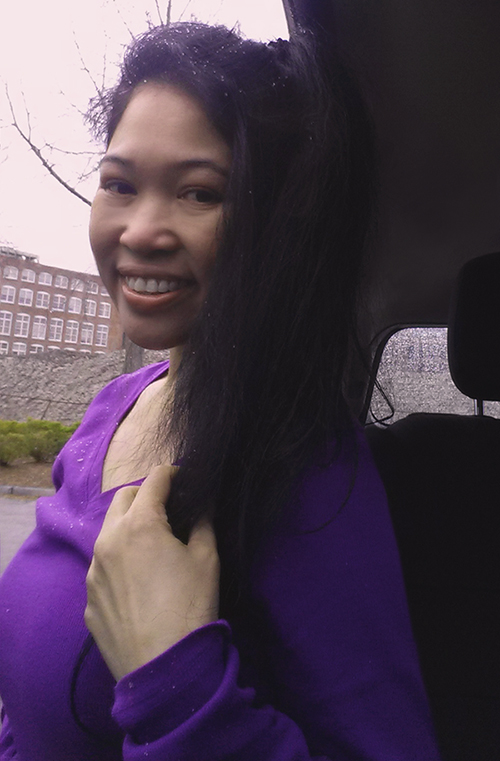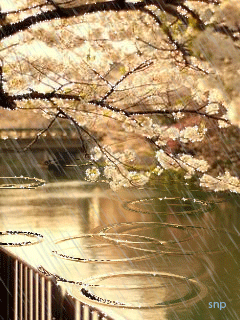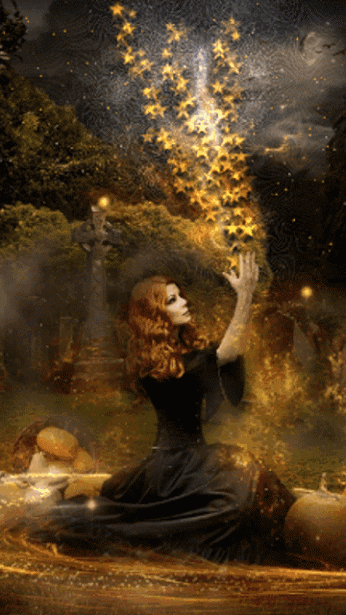The Need for Tolerance Today
Venerable K. Sri Dhammananda Maha Thera
‘If a person foolishly does me wrong, I will return to him the protection of my boundless love. The more evil that comes from him the more good will go from me. I will always give off only the fragrance of goodness.’ (Buddha).
People today are restless, weary filled with fear and discontentment. They are intoxicated with the desire to gain fame, wealth and power. They crave for gratification of the senses. People are passing their days in fear, suspicion and insecurity. In this time of turmoil and crisis, it becomes difficult for people to coexist peacefully with their fellowmen. There is therefore, a great need for tolerance in the world today so that peaceful co-existence among the people of the world can be possible.
The world has bled and suffered from the disease of dogmatism and of intolerance. The land of many countries today are soaked with the blood spilled on the altar of various political struggles, as the skies of earlier millennia were covered with the smoke of burning martyrs of various faiths. Whether in religion or politics people have been conscious of a mission to bring humanity to their way of life and have been aggressive towards other ways of life. Indeed, the intolerance of the crusading spirit has spoiled the records of religions.
Let us look back on this present century of highly publicized ‘Progress’ — a century of gadgets and inventions. The array of new scientific and technical inventions is dazzling – telephones, electric motors, airplanes, radios, television, computers, space ships, satellites and electronic devices etc. Yet in this same century the children of the earth who have developed all these inventions as the ultimate in progress, are the same people who have butchered millions of others by bayonets or bullets or gas. Amidst all the great ‘progress’, where does the spirit of tolerance stand?
Today man is interested in exploring outer space. But he is totally unable to live as man-to-man in peace and harmony. Man will eventually desecrate the moon and other planets.
For the sake of material gain, modern man violates nature. His mental activities are so preoccupied with his pleasure that he is unable to discover the purpose of life. This unnatural behavior of present mankind is the result of his wrong conception of human life and its ultimate aim. It is the cause of the frustration, fear, insecurity and intolerance of our present time.
In fact, today intolerance is still practised in the name of religion. People merely talk of religion and promise to provide short cuts to paradise, they are not interested in practising it. If Christianity live by the Sermon on the Mount, if Buddhists follow the Noble Eightfold path, if Muslims really follow the concept of Brotherhood and if the Hindus shape their life in oneness, definitely there will be peace and harmony in this world. Inspite of these invaluable Teachings of the great religious teachers, people have still not realized the value of tolerance. The intolerance that is practised in the name of religion is most disgraceful and deplorable.
The Buddha’s advice is ‘Let us live happily, not hating those who hate us. Among those who hate us, let us live free from hatred. Let us live happily and free from ailment. Let us live happily and be free from greed; among those who are greedy.’ — (Dhammapada 197-200)


















